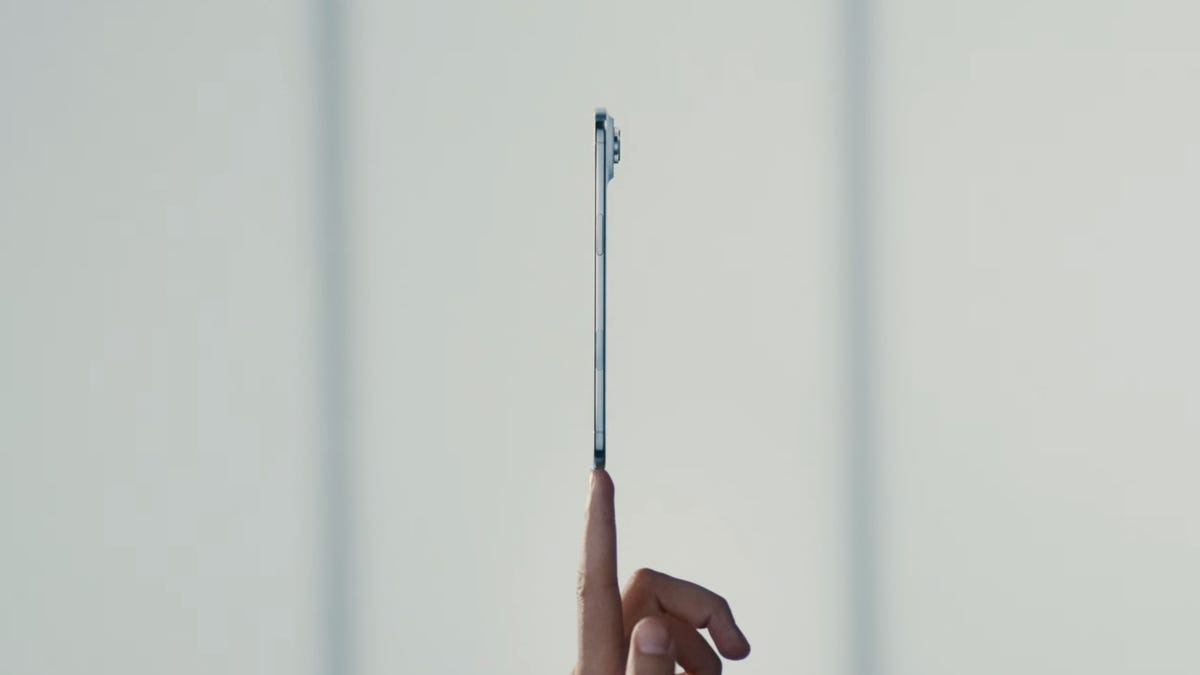Rep. Nancy Mace dropped a truth bomb that should terrify anyone who stores sensitive data online. During yesterday’s “Preparing for the Quantum Age: When Cryptography Breaks” hearing, she revealed foreign adversaries are already executing a “steal now, decrypt later” strategy. Criminals are hoarding your encrypted files like digital Bitcoin vaults, waiting for quantum computers powerful enough to crack them open.
Adversaries are implementing this patient digital heist across multiple fronts. Mace emphasized that “foreign adversaries are implementing a ‘steal now, decrypt later’ strategy with the hope today’s data will still be valuable when they have a quantum computer.” Your bank records, medical files, and embarrassing browser history sit in some server farm, waiting for technology to catch up with criminal ambition.
IBM’s quantum division painted an even bleaker picture of your digital security. Scott Crowder, Vice President of Quantum Adoption, shoulders responsibility for “making the world quantum safe” – a job that sounds like something out of Marvel’s latest multiverse disaster but addresses very real threats. Crowder’s team helped develop three of the four encryption methods NIST just approved as quantum-resistant standards, positioning IBM at the forefront of this digital arms race.
Quantum computing will demolish today’s encryption faster than TikTok algorithms change your feed. This technology will eventually “break today’s most used cryptographic schemes, such as RSA, which has long protected global data.” That RSA encryption protecting your online banking represents a complicated math problem that current computers would need centuries to solve. Tomorrow’s quantum computers could crack it during your lunch break.
Government accountability experts brought sobering bureaucratic reality to this high-tech nightmare. Marisol Cruz Cain from the Government Accountability Office has spent over 14 years directing cybersecurity audits across 30 federal agencies. Her experience reveals how slowly government IT moves, and spoiler alert: it’s nowhere near fast enough for this quantum threat timeline.
Washington’s response follows predictable patterns of legislative theater over action. Mace highlighted that the Quantum Computing Cybersecurity Preparedness Act, signed in December 2022, “requires the federal government to develop and execute a plan to migrate federal IT to post-quantum cryptography.” Requiring action and executing it remain two very different things in the nation’s capital, where PowerPoint presentations often substitute for genuine progress.




























